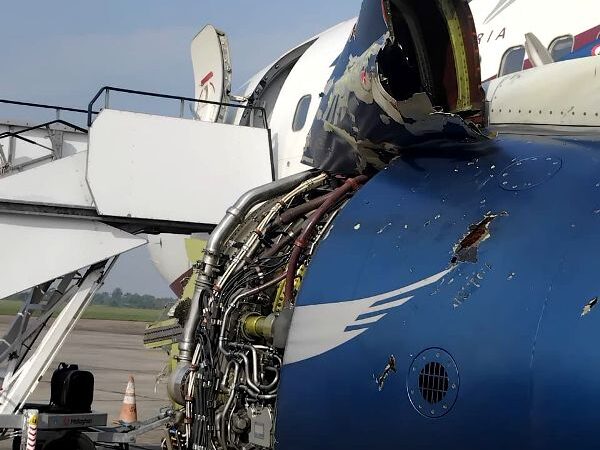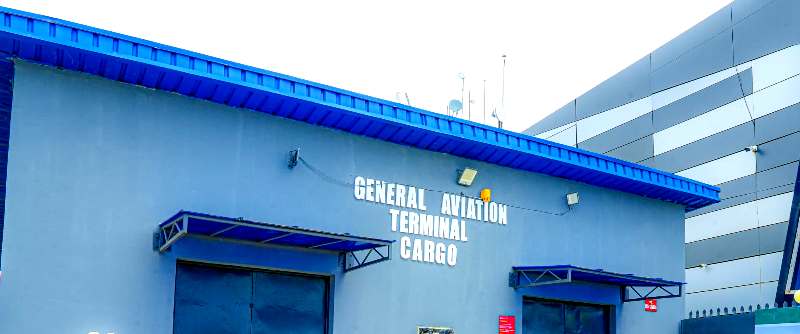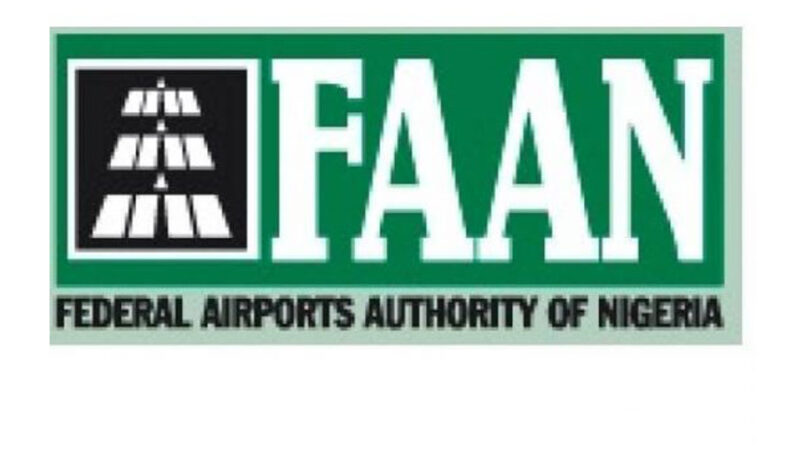Elevating Nigeria’s Aviation Industry Through Investment, Partnerships, Global Engagements

For the third time, the FAAN National Aviation Conference (FNAC) brought stakeholders together in Lagos, Nigeria, November 17 to 18, 2025, to make deliberations under the theme, Elevating The Nigeria Aviation Industry Through Investment, Partnerships & Global Engagements.
INVITATION OF INVESTORS
In her welcome address, the Managing Director and Chief Executive of FAAN, Mrs. Olubunmi Kuku called on the investor community to invest in infrastructure as “the gap between our current capacity and projected demand is your opportunity in terminal modernization, cargo facilities, and airport cities.” She called for partnership in operations, seeking “global expertise in management, ground handling, and logistics. Partner with us to enhance efficiency and share in the profitability of a growing market.” She said opportunities in global engagement in technology range “from biometrics to sustainable solutions. Invest in the future of African travel with us. The fundamentals are undeniable: Africa’s largest population, a growing economy, and a strategic geographic position. The demand is here. Growth is inevitable.”
President Bola Ahmed Tinubu in his speech read by Secretary to the Government of the Federation, Senator George Akume said: “Let me at this point reassure all our partners, potential and foreign investors that there has never been a time than now, to invest. Opportunities abound because Nigeria’s aviation industry remains one of the most viable and under-exploited markets in Africa.”
Minister of Aviation & Aerospace Development, Mr. Festus Keyamo (SAN) who was represented by Mr. Ibrahim Kana, said: “The narrative of Nigerian aviation has fundamentally changed. We have shifted from problem-spotting to solution-building. The foundation is solid. The opportunities are clear, and the enabling environment is strengthening every day. FNAC 2025 is an inflexion point. This is a call to action and a call to partnership. We invite you to engage deeply, review our proposals, and work with FAAN to build the aviation system our continent deserves.”
Governors Babajide Sanwo-Olu of Lagos State, Babagana Zulum of Borno State, Hope Uzodinma of Imo State, Ogun State Deputy Governor and Katsina State Govenors also in their speeches, invited investors to invest in their aviation projects.
A CONTINENTAL PERSPECTIVE
The Secretary General of African Civil Aviation Commission (AFCAC), Ms Adefunke Adeyemi in her presentation said aviation added $2.5 billion to Nigeria’s Gross Domestic Product (GDP) in 2024, supports 216,700 jobs and records 115,700 cargo tones. She said Nigeria however, needs clarity in foreign investment initiatives which has been done, reduction of cost for operators, non-discriminatory access to the market, development of secondary airports and enablement of low cost services.
“The issue of taxes and charges, especially those that are not aviation related need to be addressed,” she said, adding that there is need to accelerate Single African Air Transport Market (SAATM) implementation. She also noted that Heads of State under Economic Community of West African States (ECOWAS) had agreed on a 25% reduction in ticket fares, taking effect from January 2026.
The Principal Managing Partner, Avaero Capital Partners, Sindy Foster however opined that SAATM is a catalyst for growth but not a solution, adding that Nigeria remains under-connected to the rest of Africa except the right things are done.
AIRPORTS FINANCING AND PUBLIC PRIVATE PARTNERSHIPS
The Area Manager, West & Central Africa, International Air Transport Association (IATA), Dr. Samson Fatokun said during a panel session that the emergence of many more airports in Nigeria will create a competition among airports in Nigeria and drive routes development but that “if you don’t have a strategic routes development plan, your airport will be moribund and a drain on state funds.”
He said there are many unserved airports, unserved routes and underserved routes.
“Many of our airports at a particular time of the day are empty. That is a signal that the airports are not viable,” he said, advising airports and airlines to work together to maximize profits.
The Special Adviser to the Lagos State Governor on Public Private Partnerships (PPPs), Mrs. Bukola Odoe said in-between the public sector and private sector in a PPP is the financier and that the PPP disputes that have been witnessed in aviation over the years could make an investor wonder if that invesment could be safe. She emphasized the importance of clarity in policy to build investor confidence.
Looking at the profitability status and location structure of various Nigerian airports, the Chief Executive Officer of Voda Infrastructure Management Limited, Mr. Akindeji Akinniranye said “investment plan has to make sense to the financier to attract investment.”
Managing Director of Information Management Express, Mr. Oladeji Williams emphasized the role of data in approaching potential investors, stating that a data-driven information is required by investors and concessionaires to take decisions. He also made a case for security at the airports.
President of Airports Council International (ACI), Africa, Mr. Brice Grondin who spoke virtually said ACI had released new global guidelines on concession models and that financial discipline, bankability, trust and collaboration are vital.
“If we combine good governance, good investment with smart innovations, Africa will rise,” he said.
The Director General of Infrastructure Concession Regulatory Commission (ICRC), Dr. Jobson Ewalefoh said “statistics and data shows that government does not have resources to take on this sector. The private sector is ready and partnership is the way to go.”
AIRLINES PERSPECTIVE
On airline financing, the Public Relations Officer of Airline Operators of Nigeria (AON), Dr. Obiora Okonkwo in a panel session made a case for a single digit loan arguing that Nigerian airlines with their over 25% interest loan are competing with other airlines that enjoy 3 to 4% loans.
However, the Managing Director of Fidelity Bank, Dr. Oyeali-Ikpe Nneka said: In the interest of the country, the airlines need to borrow at single-digit rates. But the reality is that commercial banks cannot lend at 9% from their balance sheets.”
“If commercial banks attempt to provide single-digit interest rates from their balance sheets, the spread simply will not favour the bank. That is the truth,” she said, adding that it is impossible to lend at 99% when deposit cost is 20% as the assets are huge and banks face high deposit costs and cannot bridge that gap without increasing losses.
She called for “a combination of specialized financing institutions, government support and innovative structures to keep the industry moving forward.”
The Chief Executive Officer of Ibom Air Limited, Mr. George Uriesi during his presentation on airline profitability and cost optimization, stated that spending $3 million for aircraft maintenance overseas, the current situation is unsustainable. He stated that before a Nigerian airline fixes the price of its ticket, it already has taxes worth $180 to pay. NCAA’s policy deductions of APIS, which will take effect from December 1 brings the taxes to $200.
Uriesi pleaded with government to reduce the plethora of fees and charges for airlines.
The Managing Director of Belujane Konzult Limited, Mr. Chris Aligbe said “route development is a costly venture. It involves spending money. What our local airlines have failed to do over the years is partnership with each other.”
Dr. Okonkwo however maintained that Nigerian airlines need the required infrastructure to do point-to-point operations effectively and that SAATM is a good concept but “our circumstances have not prepared Nigerian operators for it.”
SEE MORE PHOTOS






